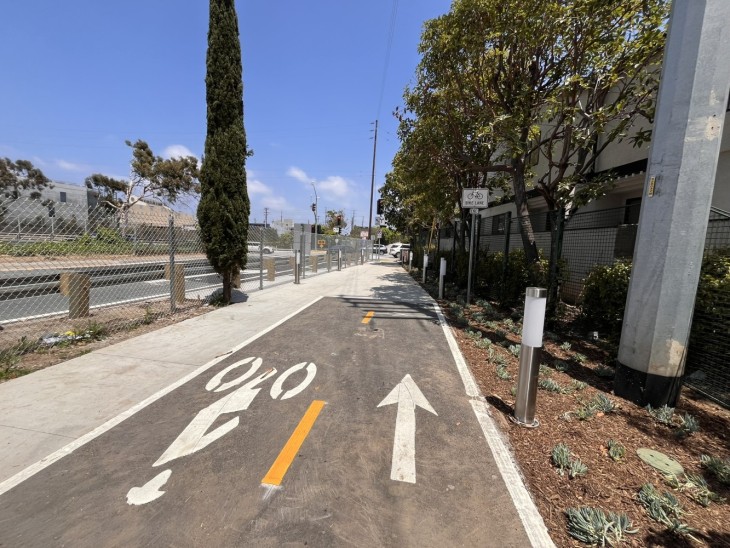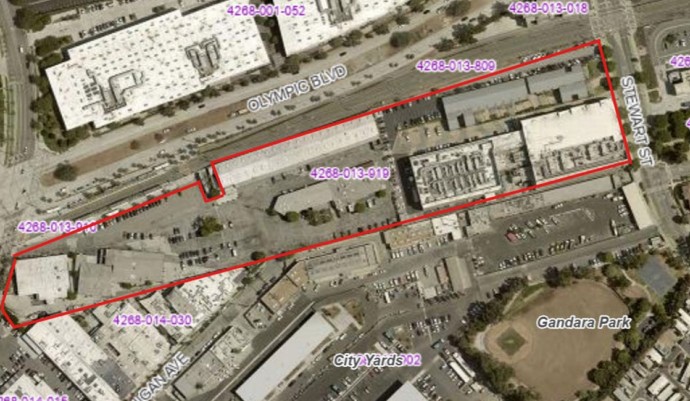September is designated “World Alzheimer’s Month” and Sept. 21 is “World Alzheimer’s Day” to help bring awareness to an all-too-common and life-changing form of dementia.
Dementia is a general term used to describe cognitive deficits, and Alzheimer’s disease is a specific type of dementia. Just as there are many types of cars, there also are many types of dementia, with Alzheimer’s being one of the most common. Other common types include vascular dementia, which is caused by stroke, and mixed dementia, which is a combination of the two.
Alzheimer’s disease is marked by memory difficulties that affect daily life. There are varying degrees of severity. People with early, mild symptoms may go undiagnosed for years. Below are several common signs that are described in greater detail on the Alzheimer’s Association website at www.alz.org:
• Short-term memory loss, such as forgetting recently learned information like important dates and events. The individual may rely increasingly on reminder notes or ask his/her family to help with things previously done without assistance. As the disease progresses, there is long-term memory loss, such as forgetting names of loved ones or important past events.
• Difficulty performing complex, familiar tasks that involve planning and higher cognitive functions. It may take longer to finish certain tasks, such as balancing the checkbook and completing forms (e.g. income taxes), or they get done incorrectly. Nowadays, with online banking and automatic payments, it may take longer for an individual and his/her family to realize there is a problem. The individual may get lost driving to a familiar area. However, with the advent of computerized navigational aids, this symptom can go unnoticed for a while.
• Visuospatial difficulties that cause someone to become disoriented or lost in familiar environments.
• New problems with language. For instance, being unable to follow a conversation and/or frequently asking or repeating the same things.
• Worsening judgment. I have patients who have lost valuable assets to scams that they may not have fallen for at previous times in their lives.
• Changes in mood and personality and withdrawal from social activities. Untreated depression can cause “pseudodementia,” which mimics the real thing, so it is important to rule out or treat depression before dementia can be diagnosed.
If you or your loved one demonstrates any of the above signs or symptoms, please reach out to your doctor! Early diagnosis can help you and your family better plan for your future.
UCLA Health has launched an Alzheimer’s and Dementia Care Program to help patients and their families deal with the complex medical, behavioral and social needs of these conditions. Services include visits with expert dementia care managers, personalized treatment plans, ongoing follow-up and access to other resources, including the “Beyond Alzheimer’s” support group. For more information, visit the program website at www.dementia.uclahealth.org.
Dr. Hong Phuc-Tran is a board-certified geriatrician with the highly regarded UCLA Geriatrics Program in Santa Monica and Westwood. For more information, visit uclahealth.org or call 310.319.4371.























